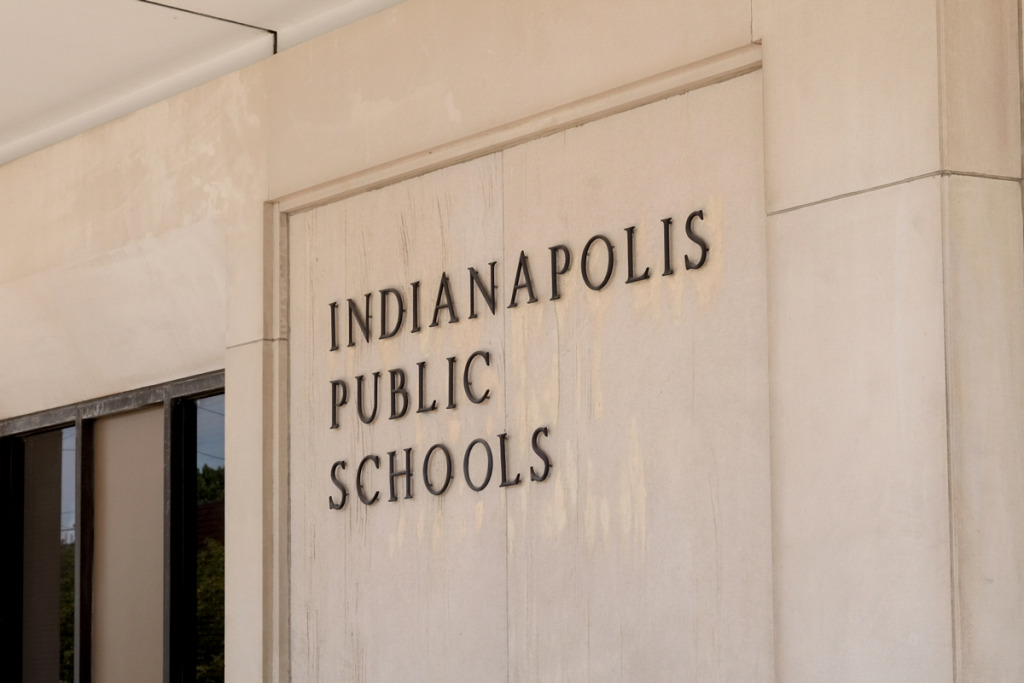
Indianapolis charter school focused on students with autism to acquire closed IPS building
The $1 building sale could be the last of its kind, because lawmakers are considering a bill that would exempt IPS from the state law that requires such sales.





















